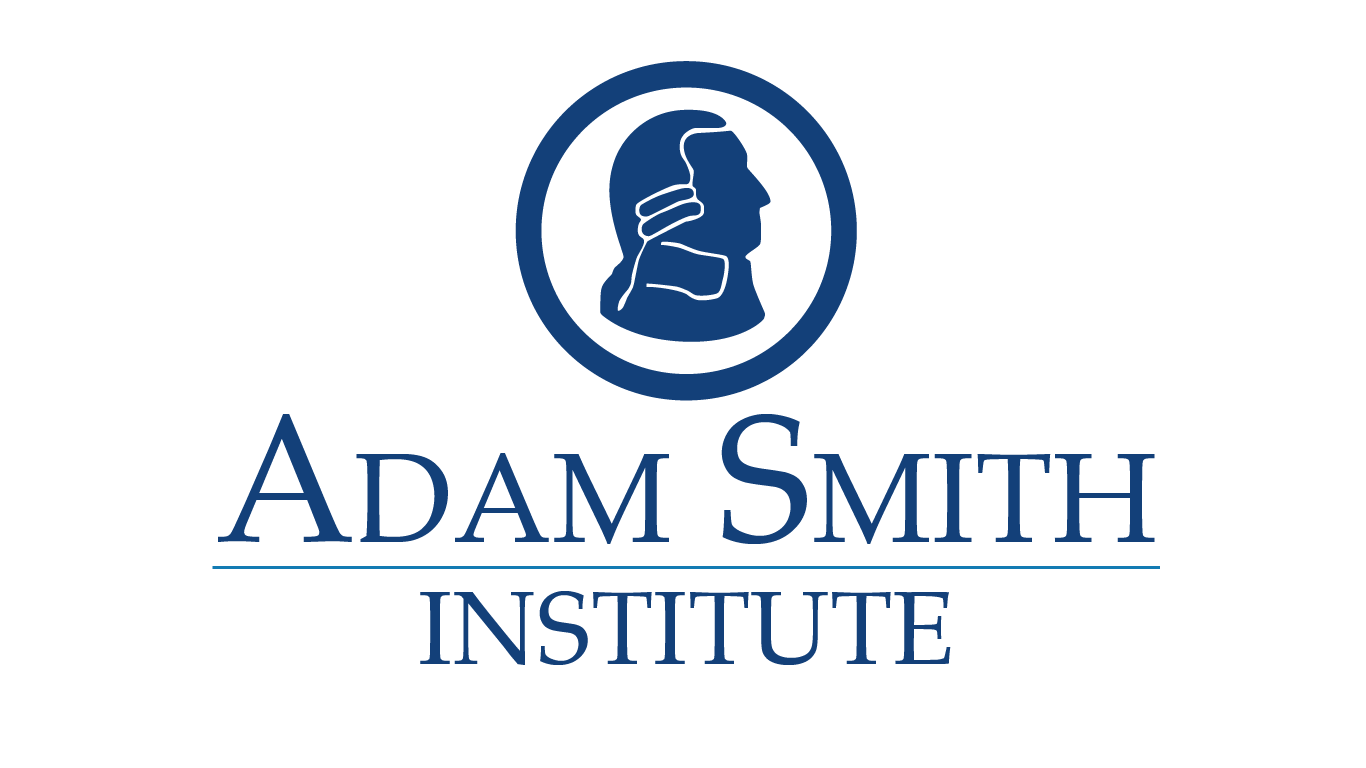Reactions to Plans: Can You See the Response?
The rise of online “sickfluencers” has sparked significant discussions around the management of disability benefits, as over 15,000 people weekly receive long-term sickness and disability payments. These influencers, particularly on platforms like YouTube and TikTok, provide advice to their followers on enhancing the likelihood of receiving such benefits. Millions have viewed these accounts, with many individuals expressing gratitude for the strategies shared that have led to successful claims. Recommendations typically include specific keywords to use during assessments, such as “psychological distress,” and templates that assist users in constructing their claims more effectively. In doing so, they help to navigate potential pitfalls in interviews, such as avoiding trick questions that could jeopardize their chances of approval.
While the existence of a support system for those who are genuinely sick is undeniably crucial, the legitimacy of the current framework comes into question. The underlying premise is that while the system is designed to provide for those in need, it also creates room for exploitation by those who may not be as ill as they claim. The potential for human laziness and greed raises concerns about the integrity of benefit claims. It is a known fact that some individuals may seek to manipulate the system to gain undeserved advantages. The extent to which this occurs is likely influenced by the generosity of the support offered compared to regular incomes. This prompts a discussion on the broader implications of how benefits function, revealing the complexities inherent in welfare systems.
However, it is cautioned that the discussion should not merely be about changing the system for the sake of change. Recognizing the difficulties in planning for such systems is critical, as they produce numerous unintended consequences. The primary goal of providing financial care for the sick is fundamental in a prosperous nation, but the second-order effects, such as opportunists attempting to exploit the system, must also be considered. Additionally, the emergence of third-order effects — such as individuals or firms charging for advice on navigating the system — further complicates the landscape. The systemic intertwining of these effects illustrates just how intricate and challenging effective planning can be.
Moreover, the issue of welfare and disability benefits becomes more profound when examining societal attitudes toward those utilizing these systems. Instances of stigma and skepticism towards beneficiaries can fuel a narrative of fraudulence in the discourse surrounding support for the sick. This can create anxiety among legitimate claimants who may fear being unfairly scrutinized or labeled as deceitful. As conversations evolve regarding the fairness and efficacy of these systems, it becomes increasingly vital to address the tension between protecting those in genuine need while ensuring a fair process that discourages manipulation.
As noted by political commentator Alistair Campbell, the current context reveals a noteworthy shift in government makeup, now featuring an entirely state-educated Cabinet. This development hints at potential shifts in policy and governance approaches, prompting speculation on whether policy outcomes will improve as a result. While access to education may contribute to different viewpoints and sensitivities regarding social welfare, it remains important to critically evaluate whether such changes lead to tangible improvements or simply perpetuate existing flaws in system management.
In conclusion, the phenomenon of “sickfluencers” offers a glimpse into the interplay between individual maneuvering within welfare frameworks and systemic vulnerabilities. The growing visibility of these influencers underscores the necessity for ongoing conversations about the effectiveness and fairness of disability and sickness benefits. Striking a balance that provides essential support while mitigating exploitation by a minority is essential in crafting a welfare system that serves its intended purpose without falling prey to mismanagement or misuse. As we explore these complex dynamics, it becomes evident that thoughtful reform and vigilant oversight are both crucial for fostering an equitable support system that respects the needs of all citizens.
Share this content:












Post Comment